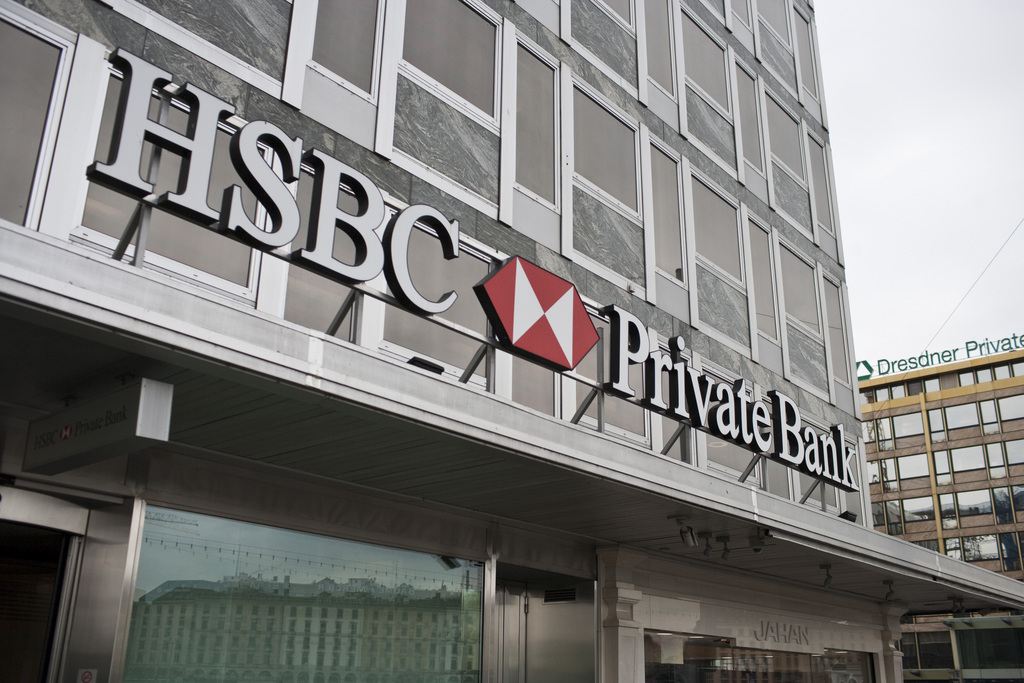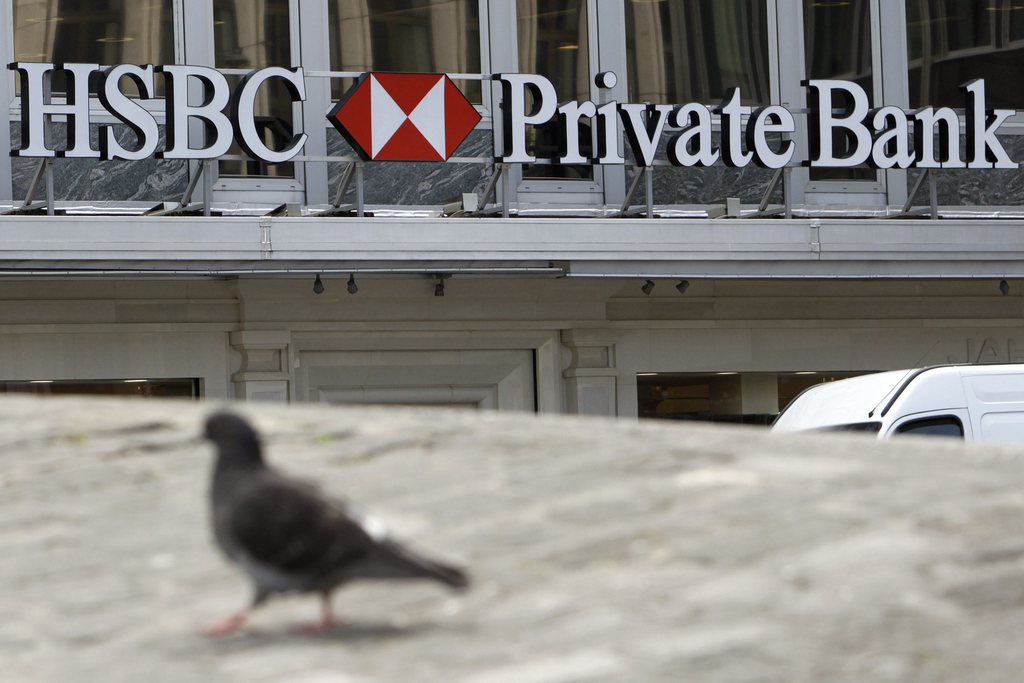HSBC list reveals some of its secrets

Data passed by a former HSBC employee to French authorities about the bank’s Swiss arm has supplied a list of nearly 3,000 secret accounts belonging to French residents or entities, hiding up to $5 billion (CHF4.8 billion) in undeclared assets.
The figure was revealed on Wednesday in a French parliamentary report. The report also described a variety of legal, technical, diplomatic and procedural issues that began almost as soon as the French tax authorities received five DVDs of data in December 2008.
The report, explaining why it had taken so long to act on the data, said that there were internal obstacles over the different remits of the tax authorities and the prosecutor’s office, which in 2010 transferred responsibility for the case from the Mediterranean city of Nice to Paris.
Diplomatic setbacks also put investigators at a disadvantage. The report pointed out that Switzerland could not be counted on to give assistance because the Swiss had made Falciani a “casus belli”.
The Swiss authorities have demanded the computer specialist’s extradition from France so he can be judged for violating Switzerland’s banking secrecy legislation.
Falciani was questioned by French lawmakers on July 2 to help tighten proposed rules against tax evasion. A Franco-Italian, he had just returned to France after taking refuge in Spain from the Swiss authorities.
An HSBC spokesman declined to comment on the report, reiterating the bank’s view that Falciani had stolen the client data. However, he said the bank would study it.
Huge task
The sheer size of the client list, which ran to 65 gigabytes over several formats, meant it took a year to extract the names behind each client account, according to the report, in a project dubbed “Operation Chocolate”.
From an original list of nearly 9,000 names, there are now 2,319 cases still open. The list was however not purged of “embarrassing” names, notably those of politicians, according to lawmaker Christian Eckert, one of the report’s authors for the National Assembly’s finance committee.
The list shrunk largely because duplicate names were removed, while more than 500 cases could not be pursued because of insufficient data or because there was no indication of ill-intent.
After the client names were extracted it was found that there were $5 billion in undeclared assets, 70 per cent of which belonged to physical persons.
“The case of the HSBC list has shed light on the weaknesses in our legal arsenal in the fight against systematic tax fraud,” Eckert wrote.
France, like countries across the world, is cracking down on tax after the financial crisis, which has put government budgets under strain and increased the need to maximise tax receipts.
The French report made no comment about a probe launched in April to find out how French taxpayers were able to open undeclared accounts with HSBC in Geneva. It said that since 2010, the tax authorities had begun to chase down the largest accounts and had sufficient time to track down and tax all funds where applicable without a need for urgency.
So far, €186.4 million (CHF232 million) in taxes and penalties have been recovered, while €950 million in assets have been regularised.

In compliance with the JTI standards
More: SWI swissinfo.ch certified by the Journalism Trust Initiative


You can find an overview of ongoing debates with our journalists here. Please join us!
If you want to start a conversation about a topic raised in this article or want to report factual errors, email us at english@swissinfo.ch.